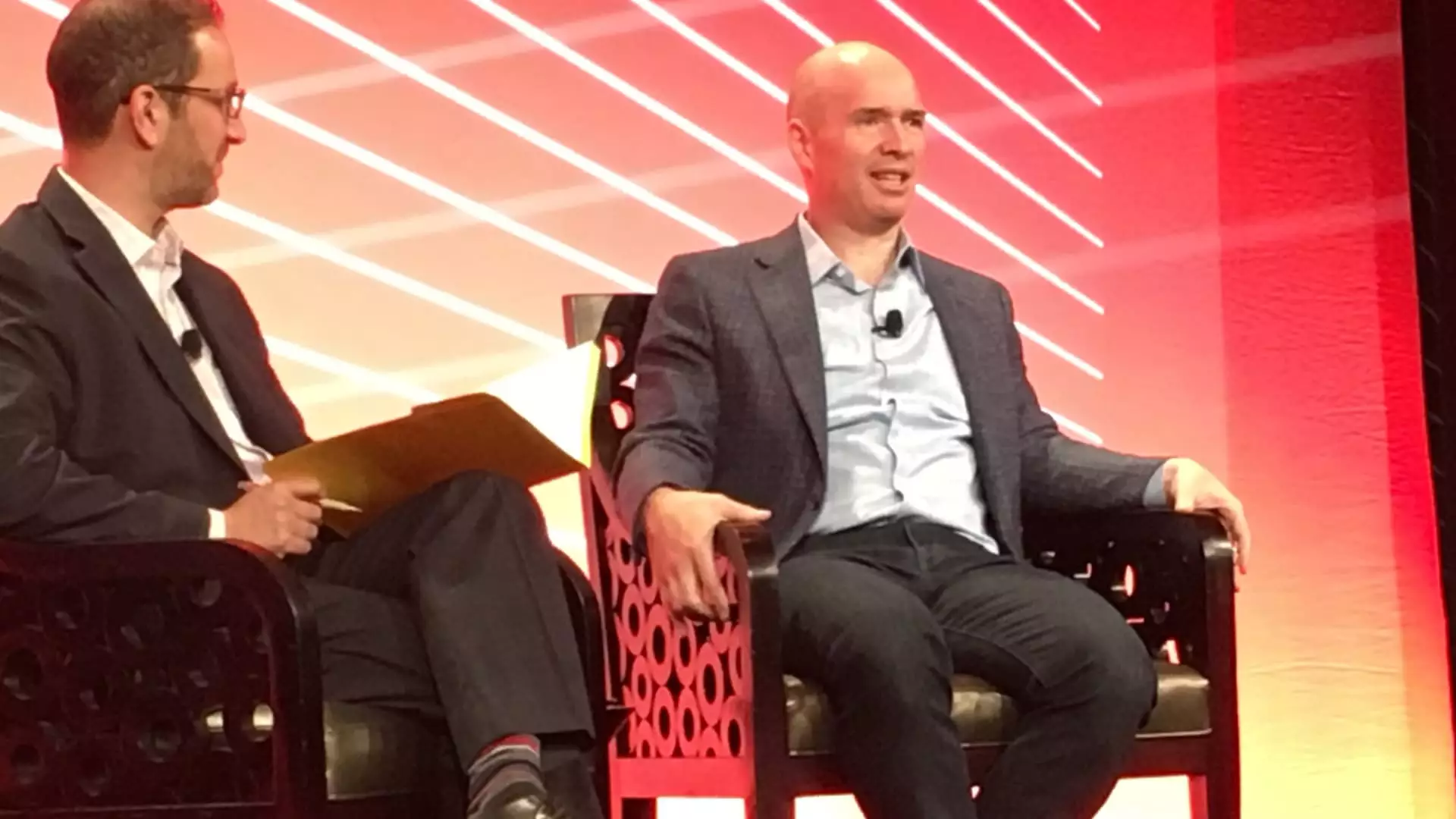In a noteworthy turn of events, Ben Horowitz, a notable venture capitalist and co-founder of the tech firm Andreessen Horowitz, has shifted his political contributions from a staunch support of Donald Trump to backing Vice President Kamala Harris. This development raises questions not only about Horowitz’s political motivations but also about the broader implications for the tech industry amidst a contentious election cycle. Less than three months after announcing his donations to Trump-affiliated political action committees, this pivot demonstrates the complexities and nuances of political affiliations among influential figures in Silicon Valley.
Horowitz’s philanthropic move stems from a personal relationship with Kamala Harris, as he and his wife, Felicia, have known her for over a decade. In a letter to his employees that was later confirmed by a source within the firm, he expressed a fondness for the Vice President, highlighting their long-standing friendship. This emphasis on personal connection illuminates how relationships can influence financial support in political landscapes. Horowitz’s willingness to donate significantly to entities supporting Harris’ campaign illustrates a balance between personal alliances and professional considerations.
Historically, the technology sector has presented a mixed bag in terms of political preferences, often oscillating between Democratic and Republican support depending on immediate business interests and regulatory landscapes. Andreessen Horowitz has previously characterized its motivation for supporting Trump’s campaign as rooted in a defense of what they term the “little tech agenda,” which purportedly aims to protect smaller tech companies from regulatory overreach. This narrative of defending industry interests complicates Horowitz’s recent pivot, suggesting that relationships may weigh more heavily than previously considered political ideologies.
The recent change in Horowitz’s political donations also reflects a broader trend within the tech industry, where executives are increasingly scrutinizing the political landscape and its effects on their businesses. With the Biden administration facing criticisms for its approach to startups and cryptocurrency, technology executives are finding it crucial to adapt their political affiliations in pursuit of favorable regulatory environments. The decision by Horowitz, a leading figure in venture capital, to support Harris could signal a potential shift in the tech industry’s allegiance, depending on how policymakers respond to the needs of tech entrepreneurs.
As elections approach, the political affiliations of influential figures like Ben Horowitz can provide crucial insights into the shifting dynamics of tech funding and industry priorities. The ability to adapt to changing political contexts—whether through personal relationships or perceived regulatory advantages—demonstrates the complexity of political donations within the technology sector. This evolving landscape will likely continue to shape the strategies of both venture capitalists and politicians as they navigate the intersections of personal, professional, and political ambitions. In doing so, they may redefine the political map of tech funding and influence in the years to come.


Leave a Reply